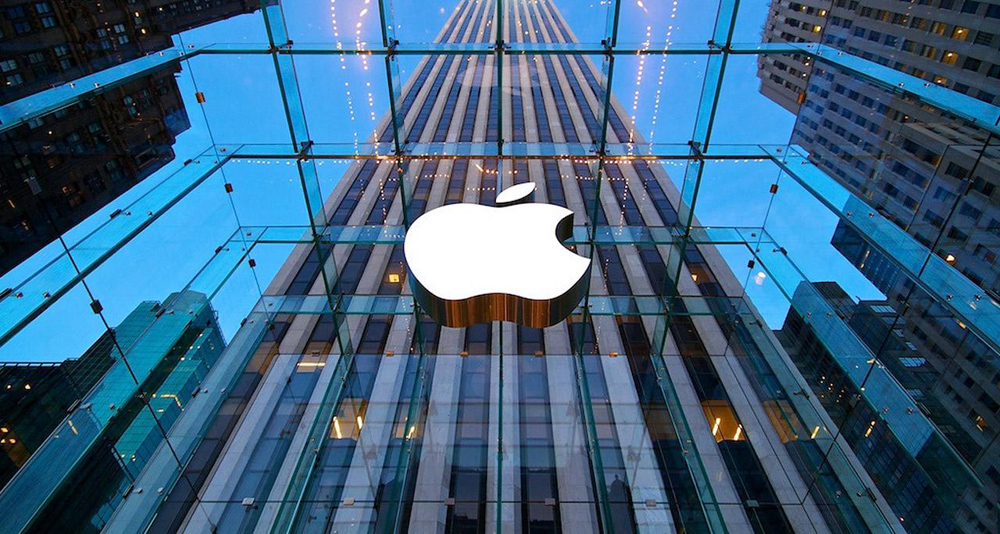Apple is edging closer to declaring an all-out war against mega retailers like Walmart, Best Buy and CVS with its payment system. The big shopping chains do not want Apple butting into their customer relationship and have already rejected the use of Apple Pay. Yet despite the stringent opposition from the leading bricks and mortar players, Apple Pay is already more popular than all other NFC solutions combined after only one week of availability.
What makes many rival payment solutions so clunky is that you typically have to open an application to access them — this can be a hassle if you are carrying merchandise and possibly carrying on conversations with friends and family members. Mega-chains are unlikely to cave in to Apple Pay unless they absolutely must, especially since their own payment solutions either already are or will be linked to things like loyalty programs and in-store shopper tracking. It goes without saying that losing these additional benefits would really sting for the merchants.
This rapidly escalating tension is what makes the suddenly heated Apple-Alibaba romance so fascinating. Apple, of course, may only now be on a collision course with Walmart, but Amazon has been its bitter nemesis for years. Amazon’s smartphone may have been a resounding flop, but the Amazon tablets have been a genuine hit. It is quite possible that it’s the strong Amazon promotion of its $200 tablets that has contributed to Apple’s now rapidly accelerating iPad volume decline in North America.
So what better partner for Apple than a Chinese online retailing wizard that has been astonishingly successful in Asia? Alibaba has now hit 188 million monthly active users and mobile users now make up a third of its customers. Despite its vast reach, Alibaba’s annual revenue growth still tops 45%. The company controls 80% of all online retail sales in China, a stunning number.
This is, of course, a great opening for Apple to expand its Chinese footprint. But it will be even more interesting to see if Apple could turn Alibaba into a cudgel to pummel Walmart and Amazon. Alibaba’s $180 billion valuation at its recent IPO means that it basically must crack Western markets in coming years since the company’s market cap cannot be justified by its prowess as a Chinese online retail outfit alone.
Could Alibaba turn into an effective alternative to Amazon in the U.S. market? How much is Apple willing to aid it in this seemingly daunting task? Is it possible that the 11 Main initiative is a sign of the strategy Alibaba will use by trying to create an American online retailing juggernaut that looks a bit more like a collection of boutiques than the Amazon monolith?
This could be one of the most unusual and interesting partnerships in retailing business. And it’s a sign of how China may be starting to reshape American consumer landscape directly as the size and global influence of Chinese companies continues to grow.




